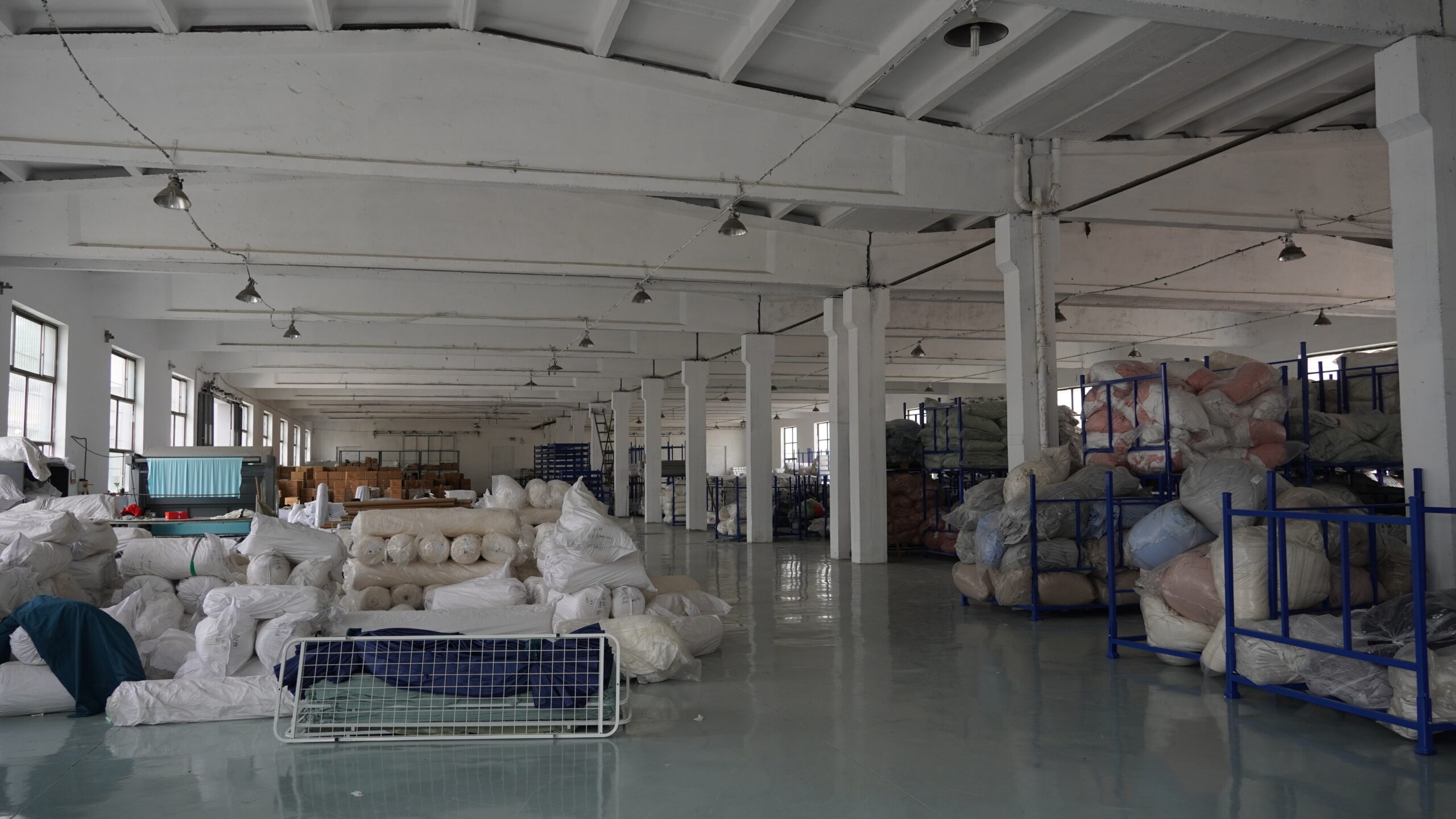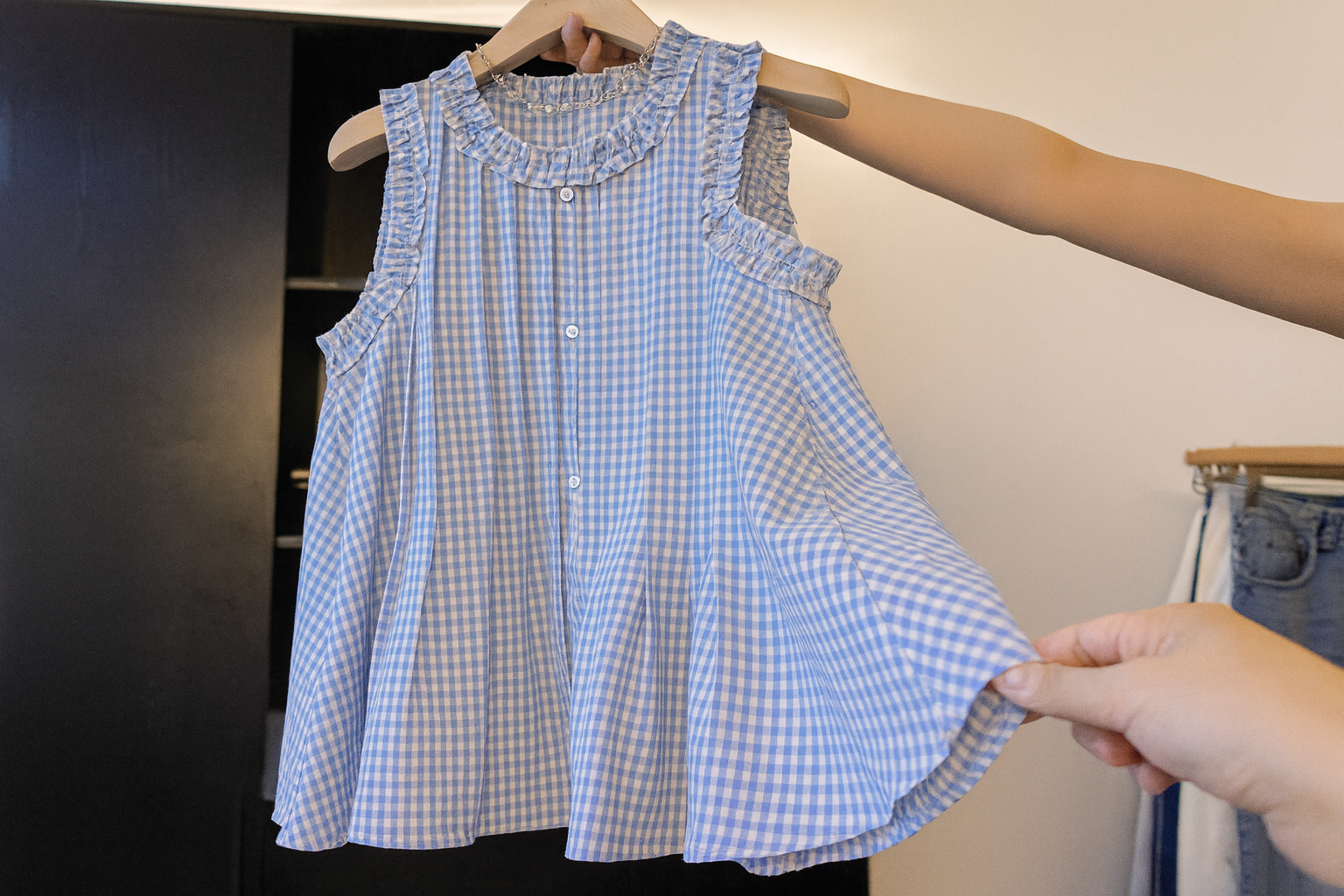Running a factory isn’t just about machines and products. It’s about people—the workers behind the scenes who make everything happen. That’s why social responsibility certifications like BSCI and SEDEX matter so much. They show a factory’s real commitment to fair treatment, safe working conditions, and respect for human rights. For buyers and brands, this isn’t just a checkbox; it’s the foundation of trust and long-term success.
Social responsibility certifications like BSCI and SEDEX serve as proof that factories follow strict ethical labor standards. These certifications require regular audits that check working hours, wages, health and safety, and the absence of child labor or forced labor. This transparency reassures brands and buyers that their products come from factories that care about people, not just profits.
Let’s take a closer look at why these certifications have become a must-have for factories and brands alike—and how they shape the future of ethical sourcing.
How do certifications like BSCI and SEDEX prove a factory’s commitment to ethical labor?
These certifications are like a badge of honor that factories earn by meeting rigorous standards on workers' rights and safety.
BSCI and SEDEX audits examine every corner of factory life—from fair wages and working hours to health and safety conditions. Passing these audits proves a factory operates transparently and ethically, giving buyers peace of mind.
Diving into what these certifications really mean, BSCI (Business Social Compliance Initiative) and SEDEX (Supplier Ethical Data Exchange) are internationally recognized programs that hold factories accountable. They don’t just set guidelines; they enforce them through thorough, recurring audits conducted by independent inspectors.
These inspections dig deep, checking:
- Fair wages and timely payments
- No child or forced labor
- Reasonable working hours and breaks
- Safe, clean working environments
- Freedom of association and no discrimination
Imagine being a factory manager who just got their BSCI certificate after months of hard work improving safety and workers’ welfare. It’s not just about ticking boxes—it’s about changing the daily lives of real people. For instance, improved ventilation in sewing rooms or safer machinery can make a huge difference for worker health and morale.
These certifications aren’t a one-and-done deal either. Factories must maintain standards year after year, constantly proving they’re serious about ethical practices. For buyers in North America, Australia, and Europe, working with BSCI or SEDEX-certified factories reduces risks and shows they care about responsible sourcing.
Why do global brands prioritize working with socially responsible manufacturers?
Global brands have reputations to protect. Partnering with ethical factories helps them avoid scandals and build consumer trust.
Brands prioritize socially responsible factories because they ensure compliance with international labor laws and protect brand image—making them a safer and smarter choice in today’s market.
When a brand’s name is on the line, every product tells a story. Consumers today don’t just want good products; they want to know those products are made fairly and responsibly. Brands that ignore this risk public backlash, lost sales, and even legal trouble.
Take the example of a well-known clothing brand caught using a factory with poor working conditions. The negative headlines spread quickly, damaging their reputation and sales. On the flip side, brands that invest in certified factories send a clear message: We care about the people who make our products.
This commitment helps brands:
- Meet retailer and market demands
- Align with corporate social responsibility goals
- Attract ethically conscious customers
- Reduce supply chain risks and disruptions
For buyers, it’s a win-win—products that meet high ethical standards and a stronger, more reliable partnership.
Can social compliance improve working conditions and factory morale long-term?
Absolutely. It’s not just about following rules; it’s about creating a workplace where people feel valued and safe.
Social compliance initiatives lead to better working conditions by addressing safety, fair pay, and respectful treatment, which in turn boost worker morale and productivity over time.
Think about it: When workers know they’re treated fairly, have safe equipment, and decent breaks, they’re more motivated. Happy workers make better quality products and are less likely to leave, reducing costly turnover.
Factories with strong social compliance often report:
- Fewer accidents and health issues
- Higher employee retention
- Improved communication between workers and management
- Greater pride in their work
This creates a positive feedback loop—better conditions lead to happier workers, which means higher quality and more consistent production for buyers.
What risks do brands face when sourcing from uncertified or unethical factories?
Cutting corners might save money upfront, but the fallout can be costly and damaging.
Brands risk legal penalties, reputational damage, supply chain disruptions, and consumer boycotts when sourcing from factories without social responsibility certifications.
Without proper audits, factories might exploit workers or break safety laws. When these issues come to light, brands face:
- Negative media coverage and social media backlash
- Loss of customer trust and sales
- Fines or legal action for violating labor laws
- Supply chain breakdowns due to strikes or shutdowns
Sourcing ethically isn’t just a moral choice; it’s a practical safeguard.
How does social responsibility influence consumer trust and brand reputation in today’s market?
Consumers today want to buy from brands they can believe in.
Social responsibility boosts consumer trust and strengthens brand reputation by showing that a company cares about more than profits—it cares about people and the planet.
Many shoppers now actively seek brands that reflect their values. A factory’s ethical certification becomes part of the product’s story—a reason to choose one brand over another.
Brands that champion social responsibility often see:
- Increased customer loyalty
- Better market differentiation
- Positive word-of-mouth and brand advocacy
It’s more than a trend. It’s a new baseline for business.
Conclusion
Factories that embrace social responsibility don’t just improve workers’ lives—they build stronger partnerships and earn lasting trust in the global market. Certifications like BSCI and SEDEX are key to this journey.
For more about ethical sourcing and factory certifications, visit Taian Lianchuang Textile Co., Ltd



